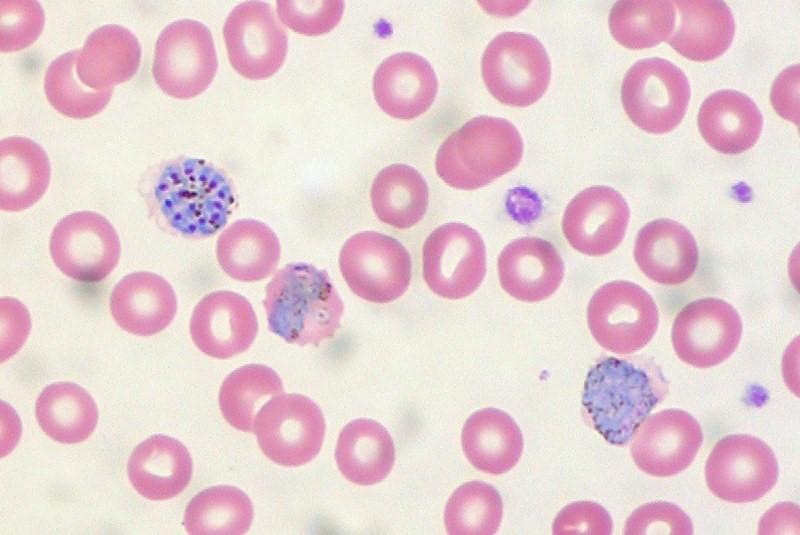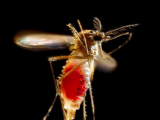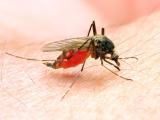Following reports of locally acquired malaria infections in Florida and Texas, the first in the United States since 2003, the Centers for Disease Control and Prevention (CDC) yesterday issued an alert for health providers and members of the public.
Earlier reports from the two states noted two cases in Florida and one in Texas, and the CDC said five local malaria cases have now been reported, four in Florida and the one in Texas.
Risk higher near Anopheles populations
The CDC said the cases have been reported over the past 2 months, and there's no evidence that the cases in the two states are related. All involve Plasmodium vivax, a parasite that is the most frequent cause of malaria.
The agency added that Florida's cases involve people in close geographic proximity and that all patients who have been diagnosed as having malaria infections have been treated and are improving.
The nation's last local malaria cases were reported in 2003 when eight were reported in Palm Beach County, Florida. Malaria was endemic in the United States until 1951, when the disease was considered eliminated following cooperative efforts between 13 southeastern states and the CDC. Those efforts began in 1947 and resulted in more than 4 million house sprayings and other efforts to curb mosquito-breeding sites.
In its advisory, the CDC said the risk of locally acquired malaria remains low for most of the country, but it's higher in locations where Anopheles mosquitos survive most of the year and where travelers from malaria-endemic countries are found.
Threat could rise over the summer
The CDC warned about a potential rise in imported cases as international travel picks up over the summer months. Infected travelers can exposed local mosquito populations to malaria parasites.
Clinicians should consider malaria when patients have a fever of unknown origin, regardless of travel history, the CDC said. It also urged healthcare providers to plan for rapid access to intravenous artesunate, which is the first-line treatment for severe disease.
The group emphasized that malaria is a medical emergency and that people with suspected infections should be evaluated at a facility that can provide rapid testing and treatment—within 24 hours of presentation.
In its background materials, the CDC said P vivax is less likely to cause severe disease than other types, but it is one of two types that requires treatment for hypnozoites, which can remain in the liver and cause illness relapse.
Florida issues statewide alert
In a related developments, the Florida Department of Health yesterday issued a statewide mosquito-borne illness advisory following four confirmed malaria cases in people from Sarasota County, all of whom have recovered.
Florida Health said the illnesses in the state are transmitted through Anopheles mosquitoes, and the cause has been identified as P vivax.
Officials said they are working closely with local and county partners on mosquito control efforts, which includes aerial and ground spraying. They also urged members of the public to take precautions such as wearing bug spray, avoiding areas with high mosquito populations, and draining standing water.





















